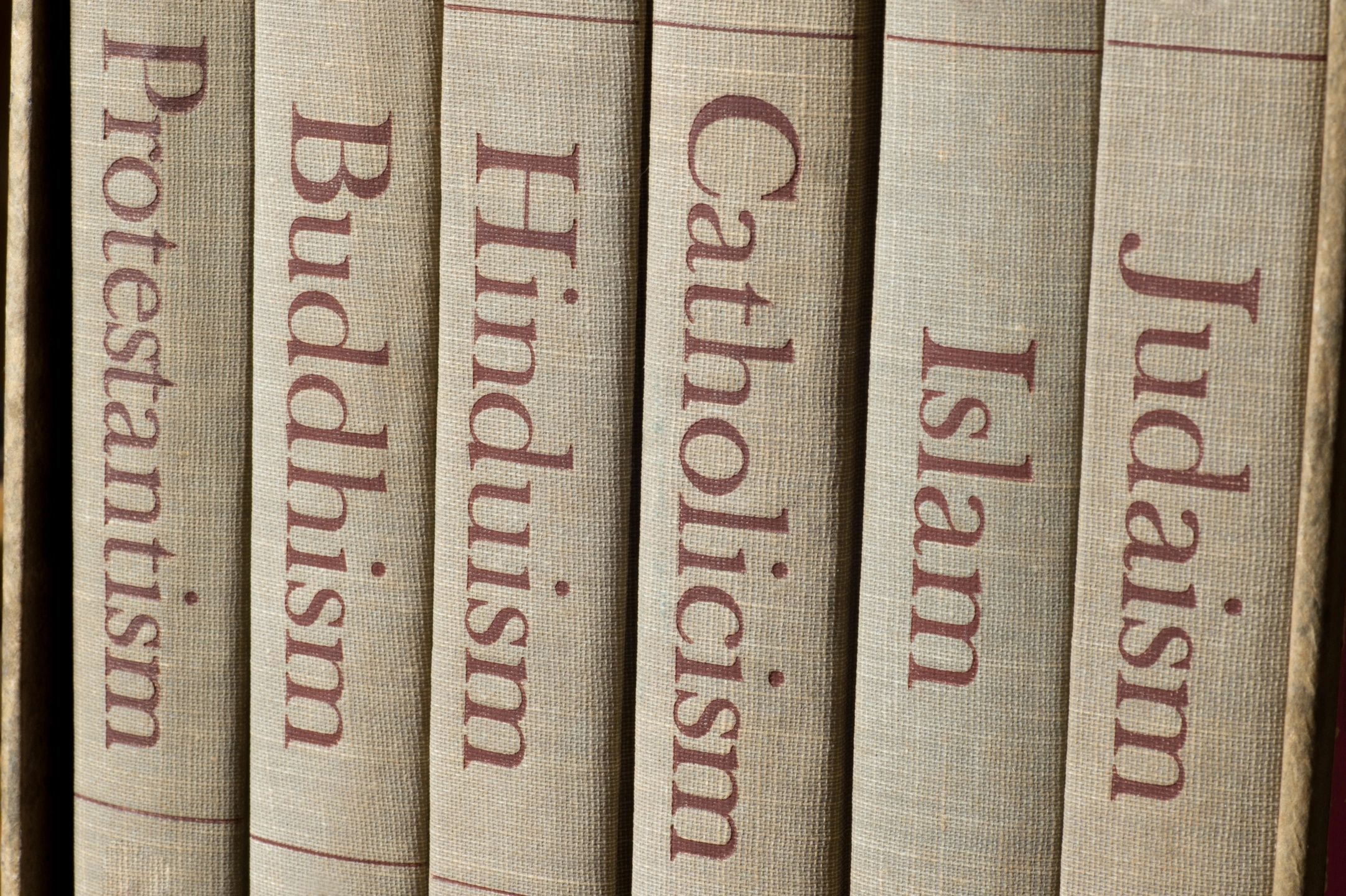A UCC does not have to place different faiths under the chokehold of the majority’s idea of what personal law ought to be; instead, a UCC should include idiosyncrasies from every faith in India. This is an opportunity for India to examine its social norms.
Former Vishwa Hindu Parishad (VHP) leader, Pravin Togadia recently announced his 2019 bid for the Lok Sabha. Under the umbrella of his slogan “Ab ki bar, public ki sarkar” is included the tired promise of a Uniform Civil Code (UCC).
Many leaders have promised to harmonize the personal laws of India. Perhaps the most notable attempt at a uniform code for personal laws was Nehru’s Hindu Code Bill, which brought the diverse customs of Hindus, Buddhists, Jains, and Sikhs under one umbrella law. But even Nehru was unable to go beyond just Hindu laws, and this too was not without remonstrations from different conservative groups at the time. Nehru felt, back in 1954, that the time was not yet ripe to push through a UCC, especially given the challenges he had to face in getting the Hindu Code passed.
Are we ready now, almost 70 years later? To answer this question, it becomes necessary for us to explore what makes us ready. One would hope that the experience of the last 69 years of the freedoms and liberties guaranteed to us by the Constitution would have made us more sensitive to the duty we owe to preserve our constitutional ideals. While securing religious freedom is one such ideal, the duty to secure a just society is equally significant.
In the case of Sarla Mudgal v. Union of India, (1996) 3 SCC 635, Justice Kuldip Singh stated, “The desirability of [a] uniform code can hardly be doubted. But it can concretize only when social climate is properly built up by [the] elite of the society, statesmen amongst leaders who instead of personal mileage rise above and awaken the masses to accept the change.” Justice Singh went on to state that while religious freedom is the core of our culture, “practices violative of human rights and dignity and sacerdotal suffocation of essentially civil and material freedoms, are not autonomy but oppression.”
While Togadia is certainly not the first to promise a UCC, it is imperative for our leaders to understand the true purpose of Article 44 of the Constitution (which, one would hope, is the reason why politicians keep bringing up a UCC). Understanding the principles and goals of our Constitution is necessary before shoving a UCC down the throats of the people of India. If one is unsure about what they are, the Preamble provides a ready reckoner of ideals that we need to strive for – justice, equality, liberty, and fraternity.
However, the quest for these ideals must be within the framework of the document that lays them out for us. While Article 44 does provide that the State shall
The tension between this Fundamental Right and the others in this Part have been debated ad
Justice Nariman’s judgment for the majority (in terms of outcome) provides a more constitutionally sound roadmap on how to balance the rights in Part III. While the right under Article 25 is no doubt just as important as the rest, clause 1 of the Article begins with four limitations, which are – public order, morality, and health and the other provisions of Part III (which most notably include Articles 14 and 21: the rights to equality, and to life and personal liberty).
Although this is an oversimplification of what the Court held in the Triple Talaq case, we do have our constitutional answer. The religious freedoms we enjoy are subject to Articles 14 and 21. A law that codifies religious practices cannot be manifestly arbitrary, discriminatory or unjust.
While we have our constitutional answer, one must examine the question posed at the beginning of this piece. Are we ready now? While we have grown tremendously in economic terms since independence, a strong case can also be made for the social progress that we have made in the last 69 years. A UCC that grants equal rights to all, while allowing the full exercise of all our rights under Part III – including Article 25 – is certainly not beyond the realm of the possible.
The Hindu Code, and to a large extent the Portuguese Civil Code in Goa, show the great strides forward that we can make with an inclusive, progressive, and non-discriminatory law that codifies personal laws for all faiths in India. This law does not have to place different faiths under the chokehold of the majority’s idea of what personal law ought to be; instead, a UCC should include idiosyncrasies from every faith in India. There is nothing wrong in preserving some of the aspects that make each faith so beautiful, so long as it is consistent with the principles of the Constitution. After all, that is what makes India so unique. We are a wonderful mosaic of religious faiths.
The Constitution is already pointing us in the direction that we need to go. All we need to do is start moving, and in many respects, we have already begun. We don’t need to ask ourselves now if we are ready. We were ready the day we gave ourselves our Constitution. The challenge is in keeping out regressive and exclusionary impulses and laying down a progressive and inclusive UCC that reflects the best of India. This is an opportunity for India to examine its social norms and take all its individuals forward.
Abhirup Bangara is the Governance Editor of Freedom Gazette. He is a practising advocate in the High Court of Karnataka and a graduate of International Legal Studies from New York University. He has previously worked with Justice S. Abdul Nazeer, Judge of the Supreme Court of India.


